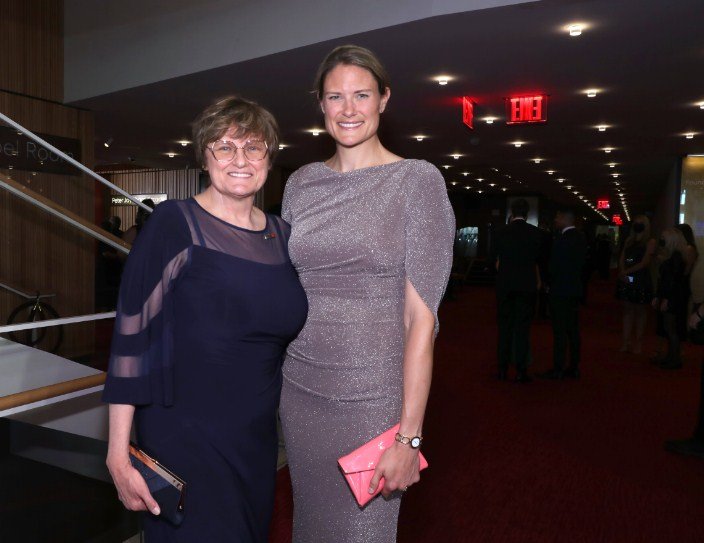On Monday, October 8, 2023, Katalin Karikó won the Nobel Prize in Physiology and Medicine for her groundbreaking work on mRNA, the genetic messenger that sends DNA instructions to make specific proteins. Her research with Drew Weissman, with whom she shares the prize, laid the foundation for the Covid-19 vaccines developed by BioNTech-Pfizer and Moderna.
Karikó’s career serves as a lesson in perseverance. Her work on mRNA was often dismissed by her peers and funders. During her time at the University of Pennsylvania, she had trouble securing grant funding and bounced from lab to lab. Despite being “demoted four times,” she says she never considered shifting her focus.
“When I was doing the research I could see the promise,” she tells CNBC Make It. “In 1989, no one thought that mRNA was useful.” To her, the constant, albeit tiny, progress made the late hours worth it. “I felt successful when others considered me unsuccessful because I was in full control of what I was doing,” she says.
Susan Francia’s rise from an average athlete to a two-time Olympic champion
Karikó’s persistence and confidence didn’t just make her a good scientist, she says. Those qualities also made her a good parent. Her daughter, Susan Francia, is a two-time Olympic gold medalist in rowing. She holds an undergraduate and masters degree from the University of Pennsylvania and an MBA from the University of California, Los Angeles.
Growing up, Francia was always athletic, Karikó says, but she didn’t really excel at any sport. Being six feet, two inches tall, many people thought she would be good at basketball. This wasn’t the case. Like her mom, though, she had both positivity and perseverance.
“Her trophies were the ‘Most Improved,’ which says that you went from being crappy to so-so, or ‘Most enthusiastic,’” Karikó says. These qualities eventually proved useful when she joined the rowing team her sophomore year at the University of Pennsylvania, where she attended school from 2000 to 2004. She went on to join the U.S. Rowing Senior National Team and won the gold medal in the 2008 and 2012 Olympics.
“She always said that at 500 meters you feel like you are sitting in acid, and then for the rest [of the race] it’s just your mind pushing,” Karikó says.
Karikó’s No. 1 piece of parenting advice: Don’t over-assist
When people ask Karikó how to juggle having a demanding career and a child, as she did, she says, “I just tell them, don’t over-assist.” Instead of coddling your kids, lead by example.
“You watch your parents and how they relate to each other and how they relate to your grandparents, your neighbors, your friends,” she says. “In school you watch how your teachers act. That’s what shapes you.”
Seeing her parents work hard and keep a positive mindset, Karikó says, was more important to Francia’s development than any resources money could buy.
“The child is part of the family and has responsibilities,” she says. “They have to do their homework, they have to help with chores, they have to be respectful.”
Karikó says she never pushed Francia to pursue any particular career or hobby. She just encouraged her to follow her passion and work hard.
“I always told her that whatever you do, do it well,” she says. “Don’t do it half-heartedly.”

